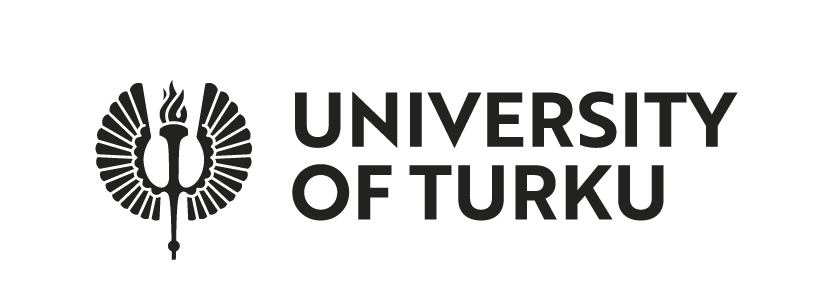Researchers propose a new paradigm for economic performance and sustainability

Sponsored by

A team of researchers led by Associate Professor Jan Pfister from the University of Turku has introduced a forward-thinking approach to performance management, offering a vision for how businesses and organizations can achieve both economic success and sustainability. In their recent publication in Qualitative Research in Accounting & Management, the researchers introduce the “prosocial market economy” as a model designed to embed cooperation, ethical behaviour, and sustainability into organizational practices.
Funded by the Research Council of Finland, this research reconsiders the focus on self-interest and short-term gains that dominate traditional economic frameworks. Instead, it argues that organizations fostering prosocial behaviours—those that prioritize collaboration and collective well-being—are more likely to succeed over time. The proposed prosocial market economy highlights ethical responsibility as a key driver of both superior performance and long-term sustainability.
One of the key insights of the research is a new framework for success; the researchers explain why and how organizations emphasizing cooperation and ethical behaviour outperform those driven solely by self-interest.
Drawing on evolutionary theory and insights from Nobel Prize-winning economist Elinor Ostrom, the study suggests that integrating the core design principles of prosocial groups into performance measurement and management practice fosters economic success. The study also highlights the role of sustainability: the prosocial market economy envisions businesses that can achieve economic success while contributing positively to environmental sustainability and social well-being.
“In the context of global challenges such as climate change, inequality, and resource depletion, this new model offers an alternative to traditional economic paradigms that prioritize short-term profits. The prosocial market economy provides a framework where business success and ethical responsibility coexist, helping companies address today’s complex demands while ensuring long-term viability and positive social impact,” explains Pfister.
This interdisciplinary research brought together experts from various fields, including accounting, management, and evolutionary biology. Notable contributors include:
- David Otley (Lancaster University, UK) – Leading authority on performance management and management control systems.
- David Sloan Wilson (President, Prosocial World, Binghamton University, USA) – Pioneering evolutionary biologist applying evolutionary theory to human behaviour.
- Thomas Ahrens (United Arab Emirates University, UAE) – Renowned for his research on management control in both private and public sectors.
- Claire Dambrin (ESCP Business School, France) – Expert in the sociology of accounting, with a focus on gender and power dynamics in organizations.
- Solomon Darwin (University of California, Berkeley, USA) – Thought leader in business innovation and sustainable ecosystems.
- Markus Granlund (Turku School of Economics) – Expert in management accounting and performance management systems.
- Yuval Millo (Warwick Business School, UK) – Expert in the sociological aspects of financial markets and the finance profession.
- Sarah Jack (Lancaster University, UK and Stockholm School of Economics, Sweden) – Thought leader in entrepreneurship, trust, and collaboration in social networks.
This collaboration underscores the importance of integrating behavioural science and management studies to foster a more sustainable and cooperative economic system.
From Theory to Practice
The prosocial market economy offers practical tools for organizations across industries, both in the private and public sectors, providing business leaders with principles to design prosocial teams and foster collective success.
According to Pfister, “Our research clarifies why and how prosocial groups—those that prioritize shared success over individual gain—outperform groups driven purely by self-interest. This has profound implications for how we measure and manage performance, and how we cultivate organizational behaviour that protects and nurtures a sustainable future.”
With increasing pressure from consumers, policymakers, and investors to embrace sustainable practices, this research moves beyond the conventional Environmental, Social, and Governance (ESG) debate, which often relies on external measurements. The prosocial market economy focuses on transforming organizational cultures from within, embedding sustainability and cooperation into core values. This inside-out approach helps businesses foster genuine, lasting sustainability, avoiding greenwashing and the hypocrisy of superficial ESG compliance.
The prosocial market economy offers a pathway for organizations to be both economically successful and environmentally and socially responsible.
For full details, the research publication is available with open access in Qualitative Research in Accounting & Management.
Photo: Hanna Oksanen / University of Turku
Subscribe to the Science Newsletter of the University of Turku
Discover more science news on our website